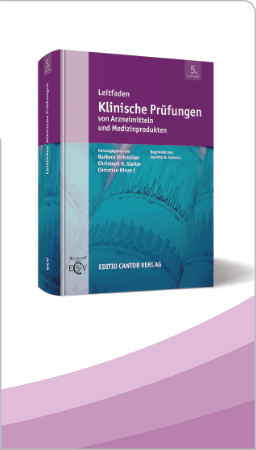Stability Testing of Herbal Medicinal Products A report on problematic cases from practice with discussion of possible resolution approaches Frank Poetsch1, 4, Sven Asche2, 4, and Barbara Steinhoff3, 4 1 SALUS Haus GmbH & Co. KG, Bruckmühl (Germany)
2 PhytoLab GmbH & Co. KG, Vestenbergsgreuth (Germany)
3 German Medicines Manufacturers’ Association, Bonn (Germany)
4 On behalf of the working group “Stability of Herbal Medicinal Products”* Corresponding author: Dr. Barbara Steinhoff, Bundesverband der Arzneimittel-Hersteller e.V. (BAH), Ubierstr. 71- 73, 53173 Bonn (Germany)
The European guidelines on stability testing cover also herbal medicinal products. Despite substantial progress in the analy-sis of herbal medicinal products, how-ever, problems exist in individual cases of combination products and/or traditional herbal medicinal products. For this reason, a working group of the German Medicines Manufacturers’ Association (BAH, Bundesverband der Arzneimittelhersteller e.V.), Bonn (Germany), has compiled data in the field of long-term studies (25 C/60 % RH) in order to create higher appreciation of the problems among the experts and to propose possible approaches for the resolution of these problems. The evaluations of study results, illustrated by case examples in this report, can serve as a support of a product-related argumentation, as far as the results are applicable to comparable products, e.g., for substantiating or fulfilling the term “if justified” in case a difference of 10 % of the initial assay value is required. Key words Herbal medicinal products • Stability testing |




